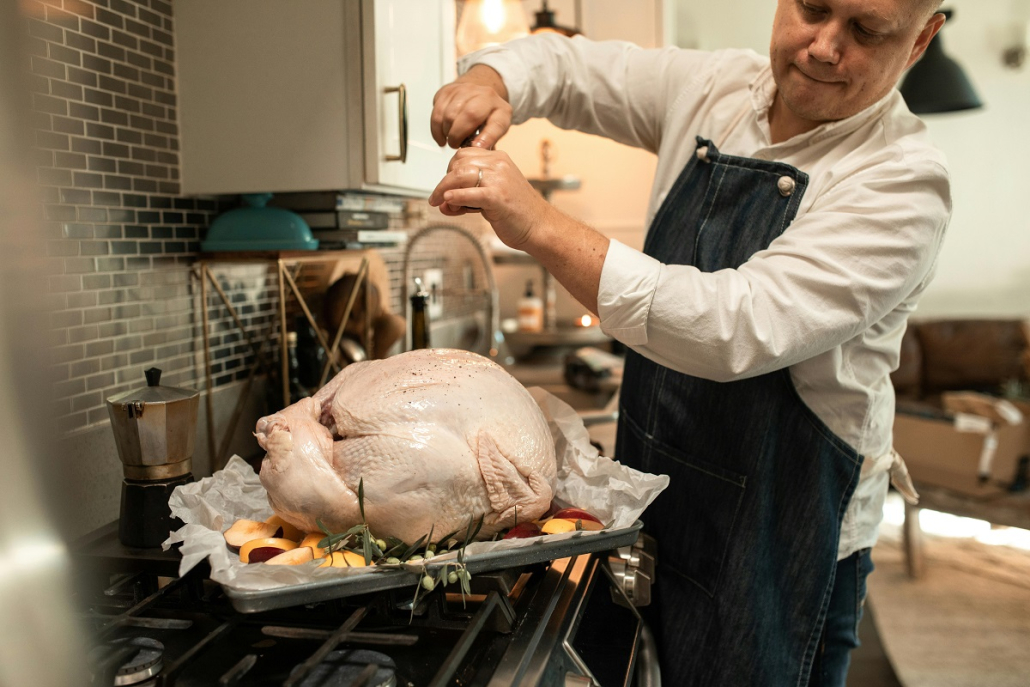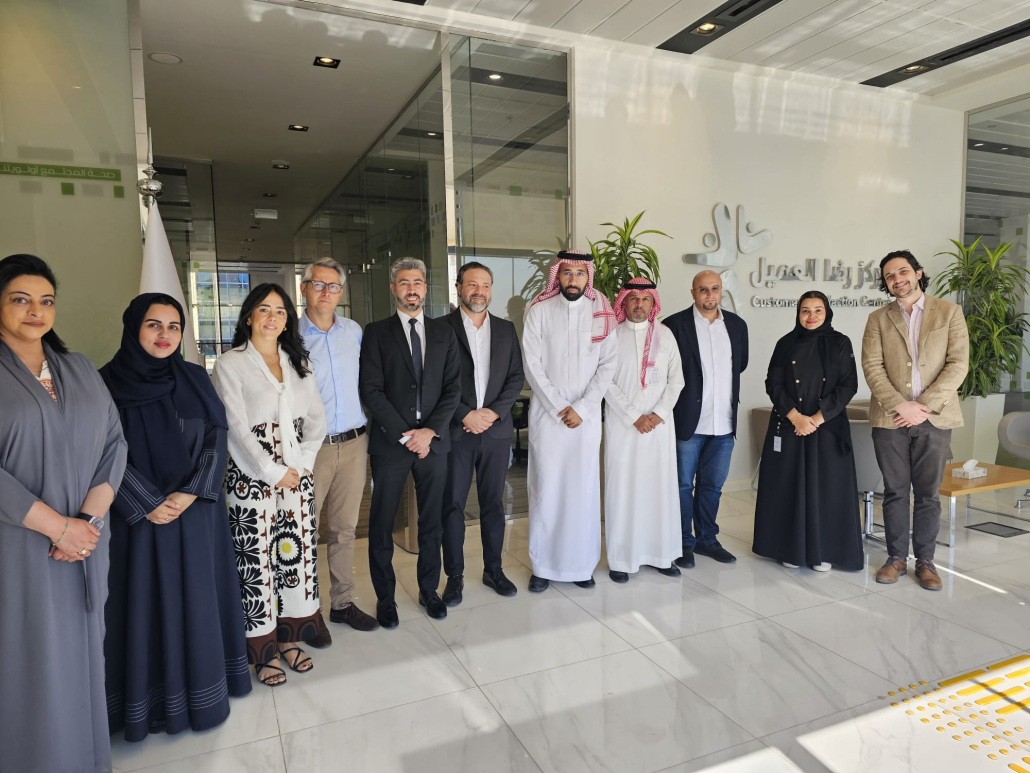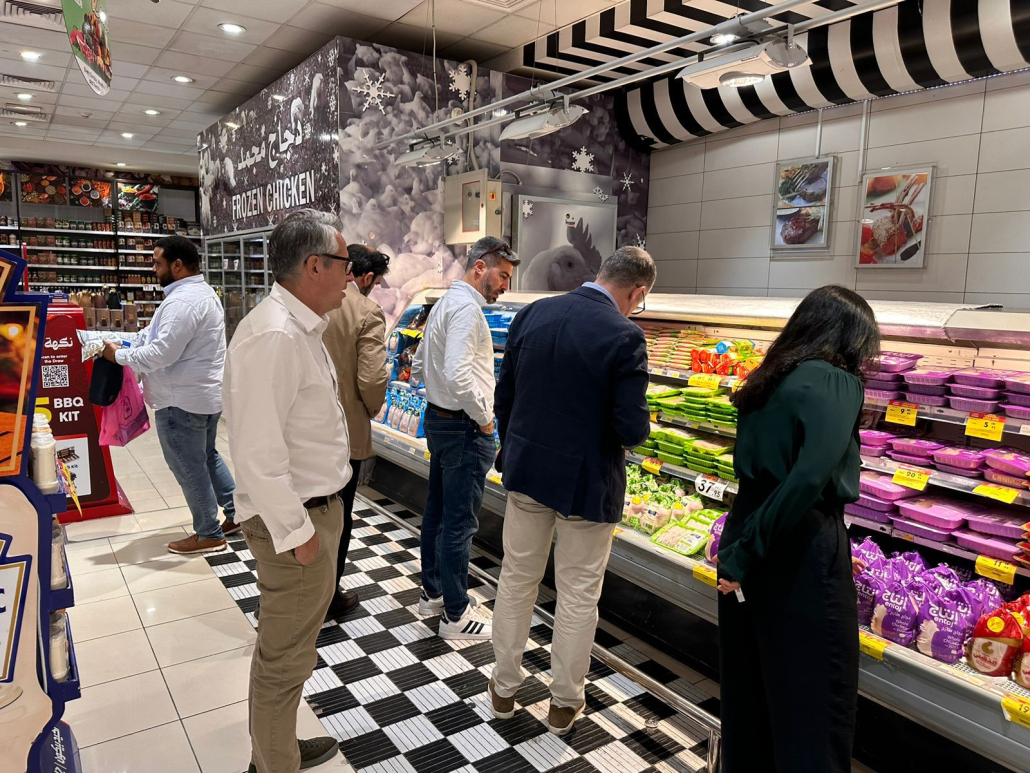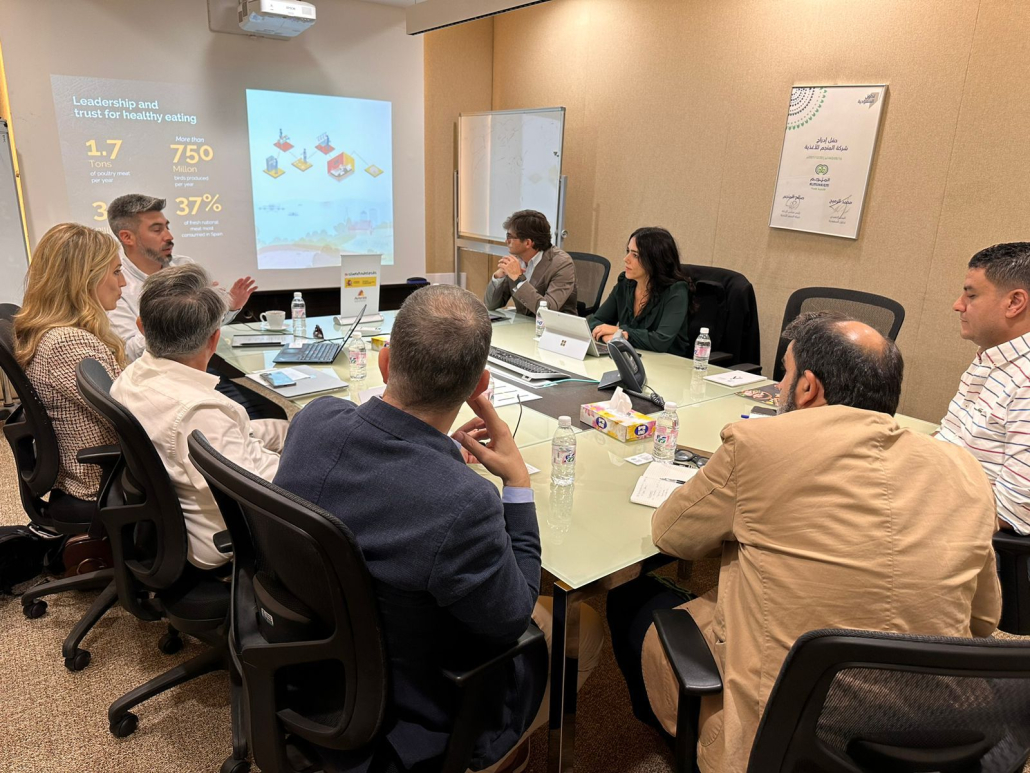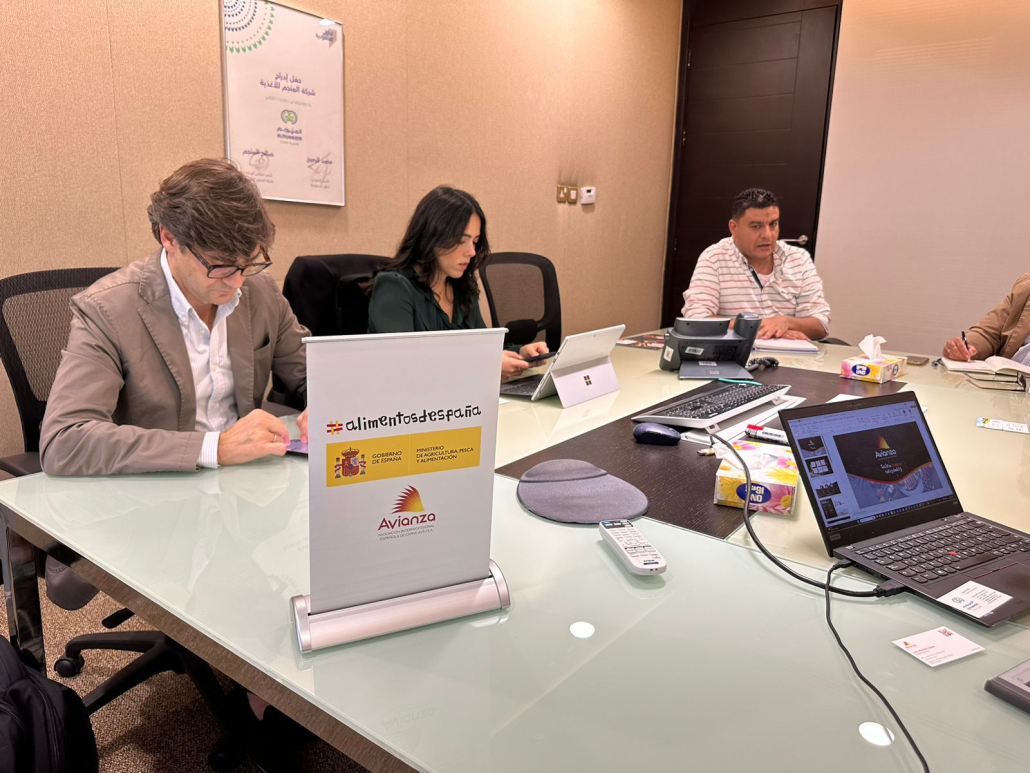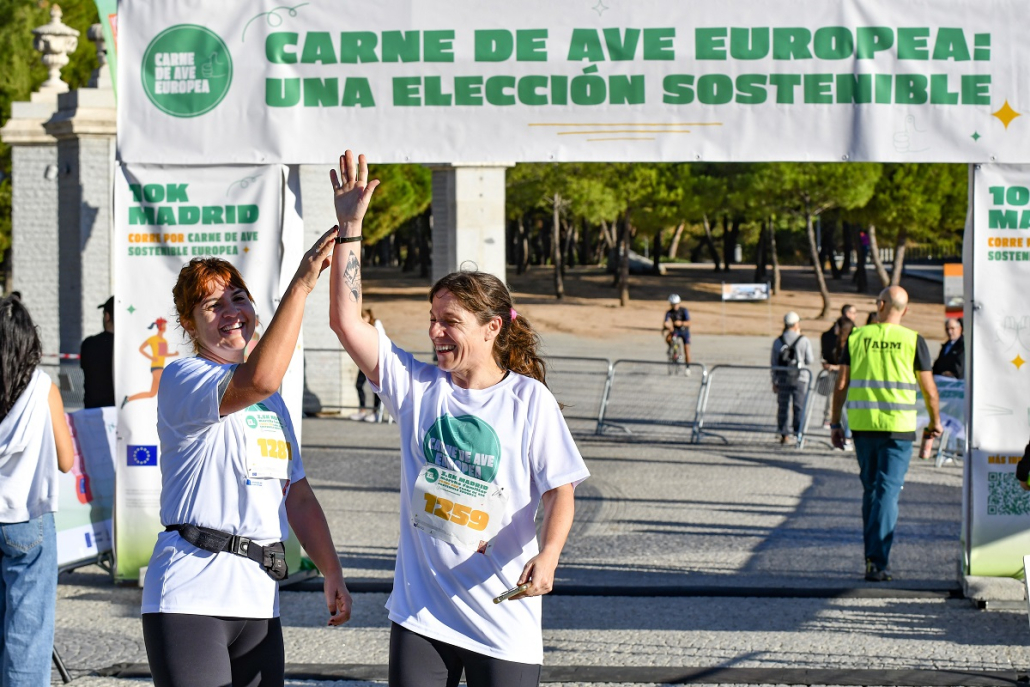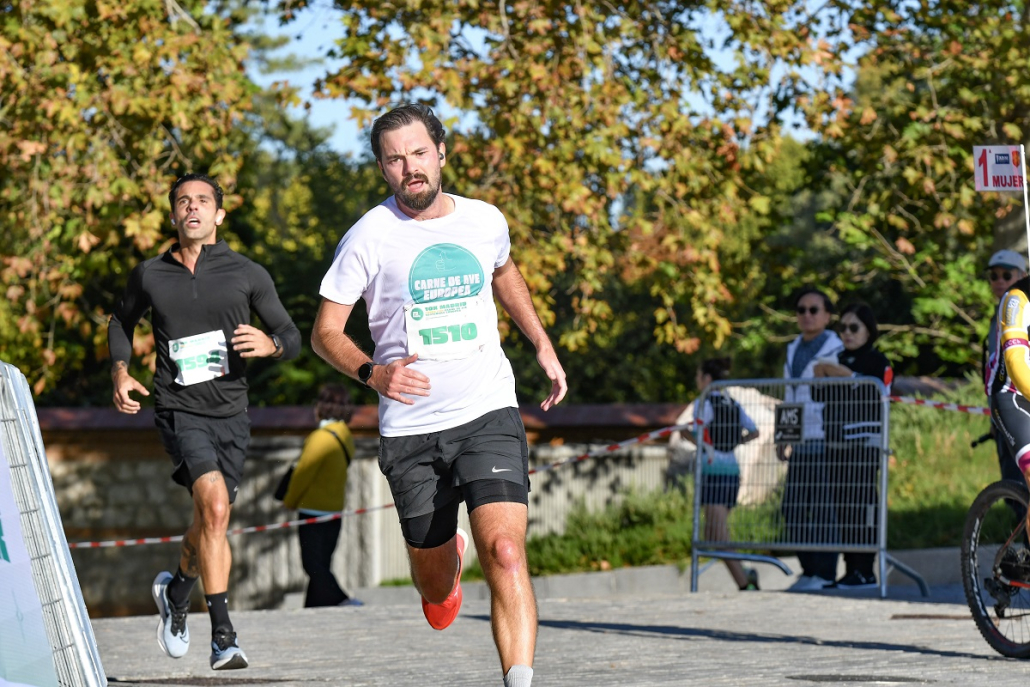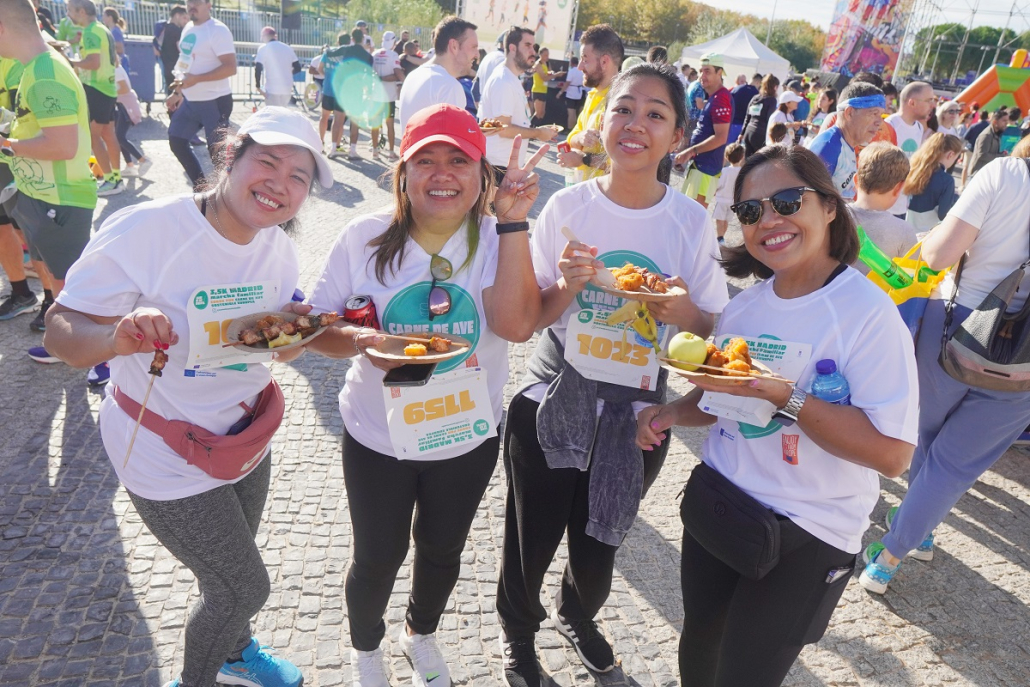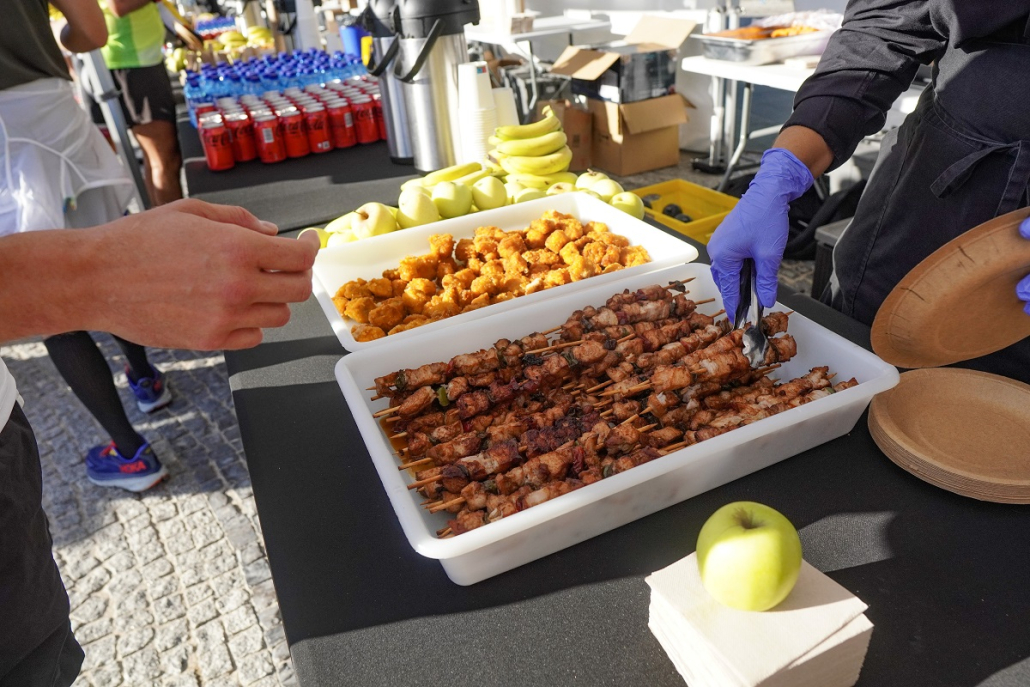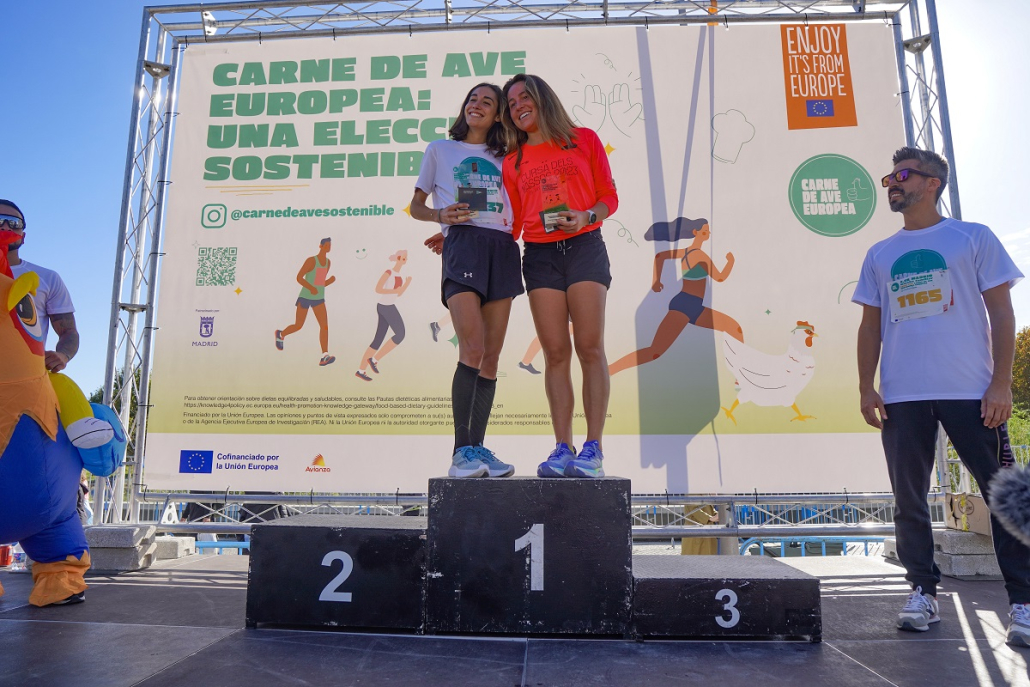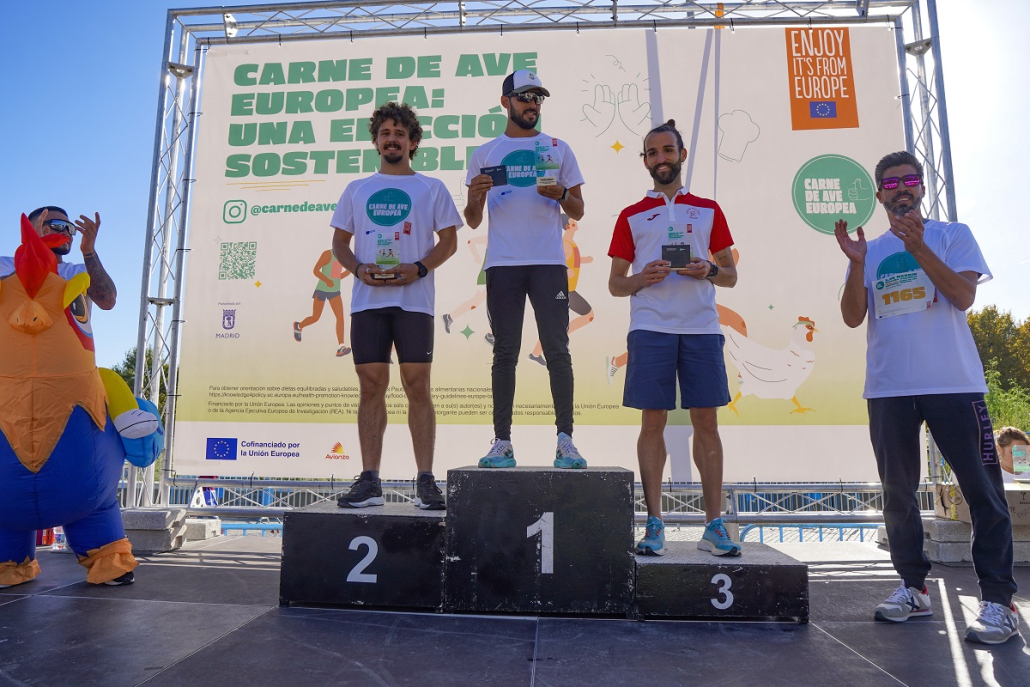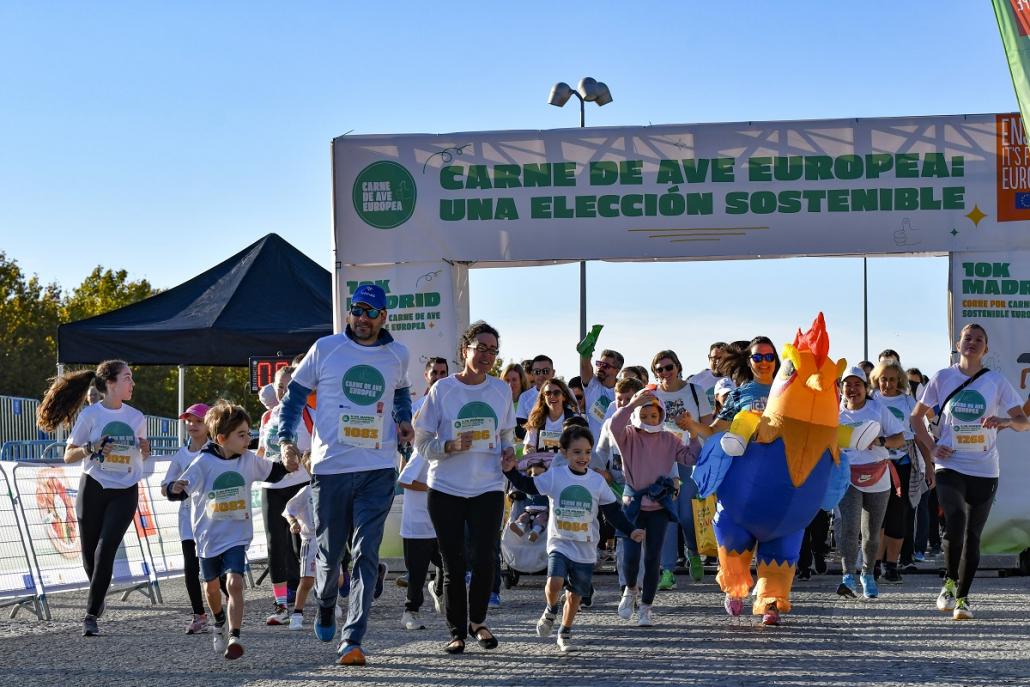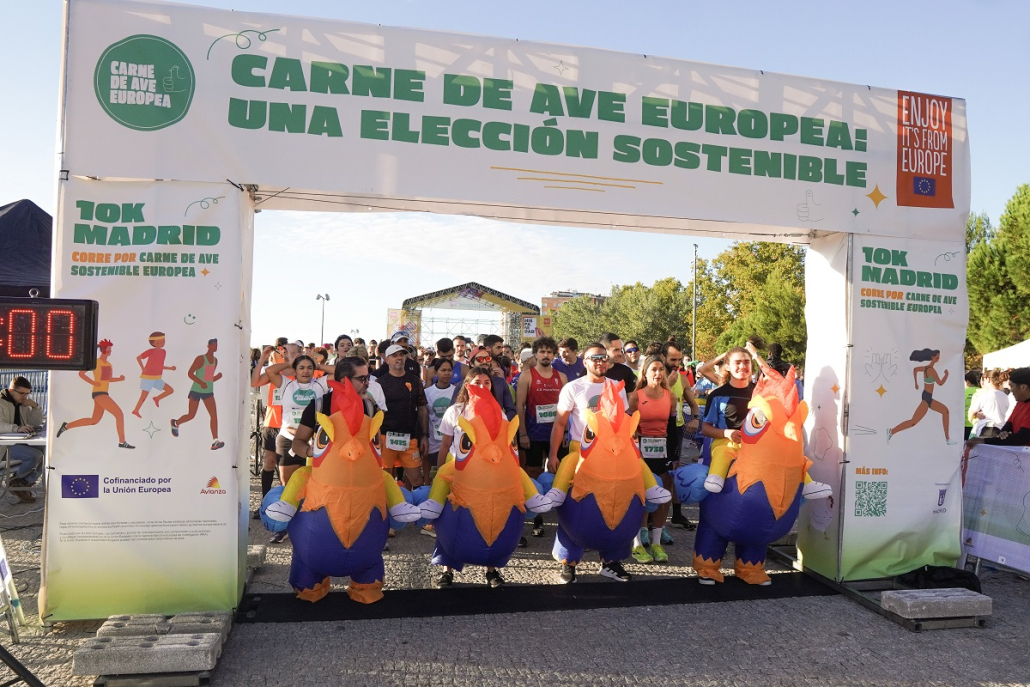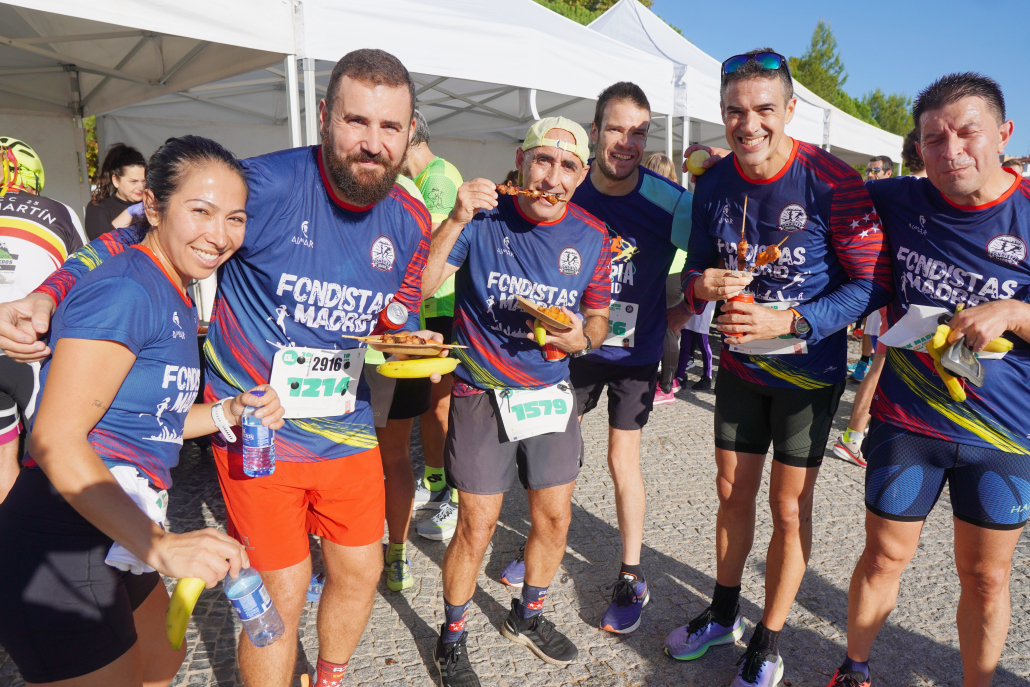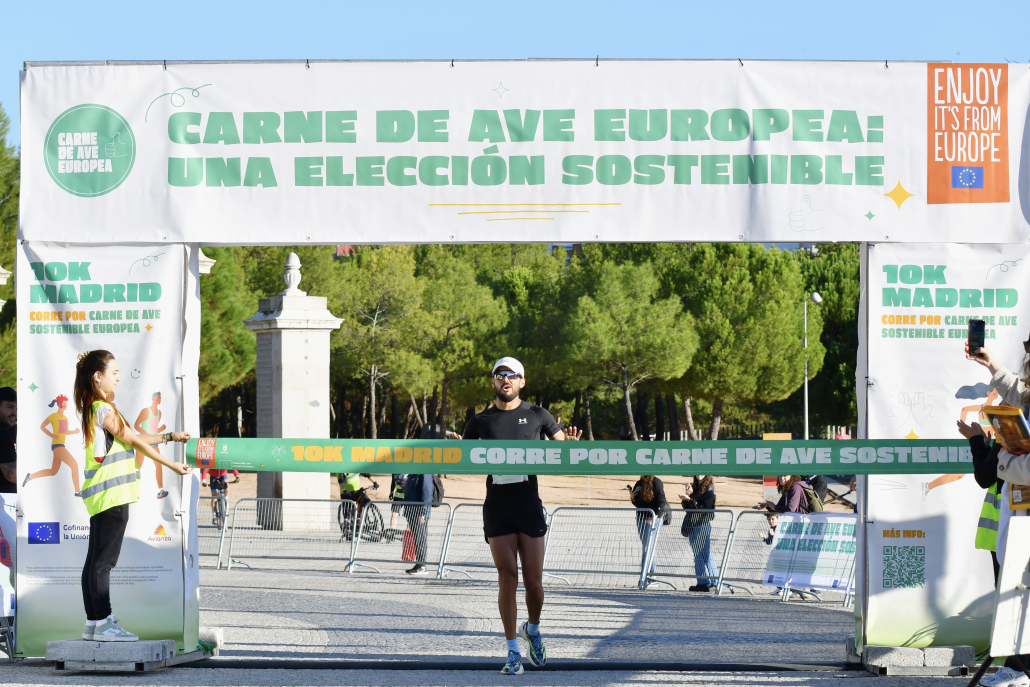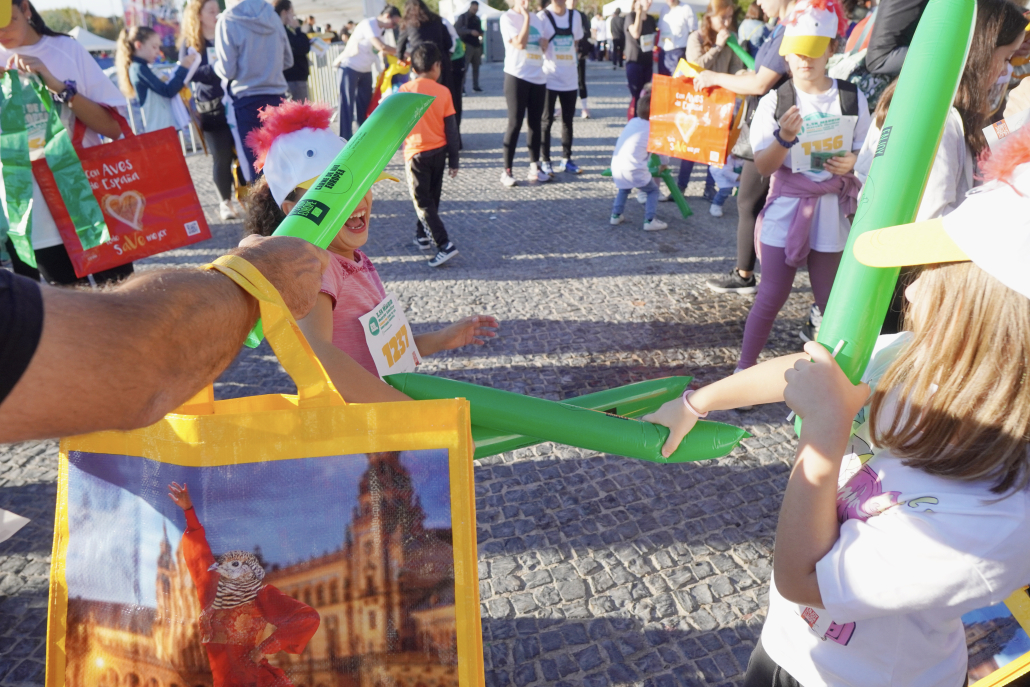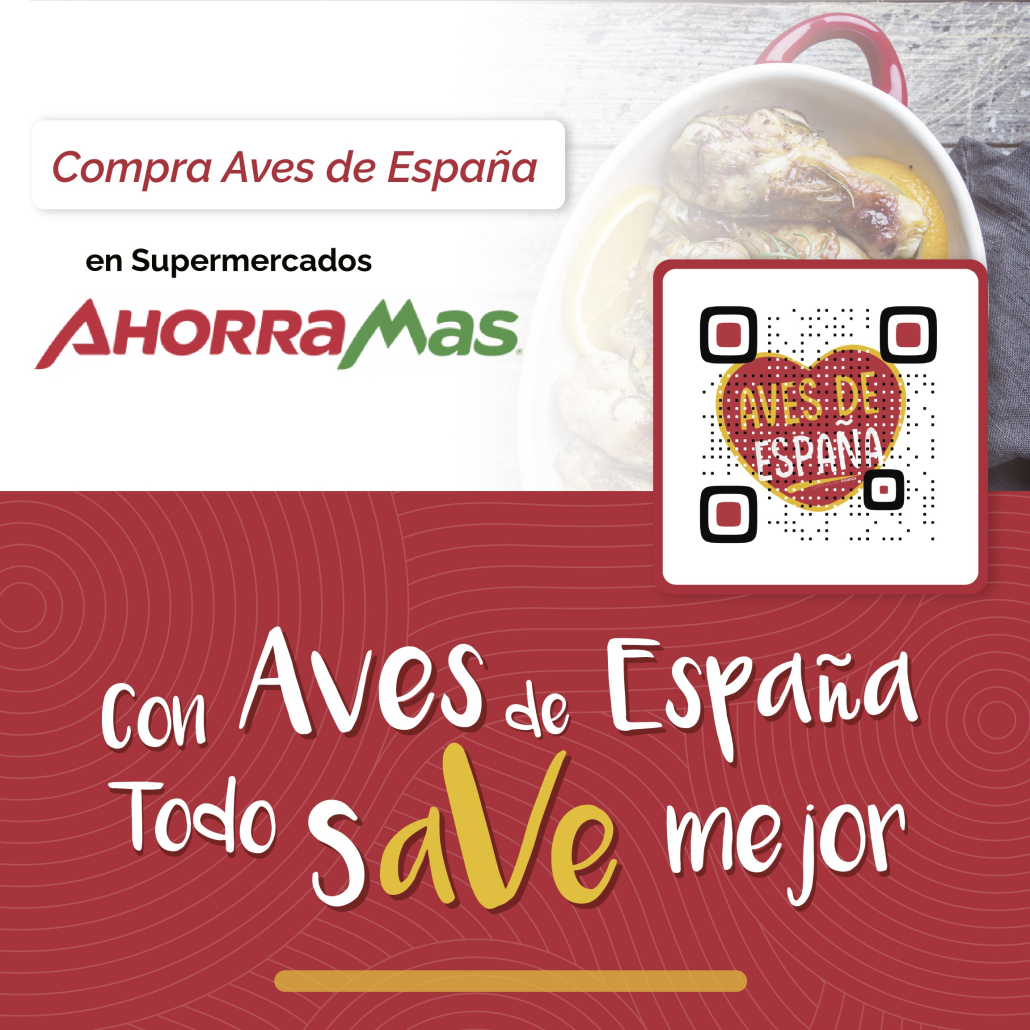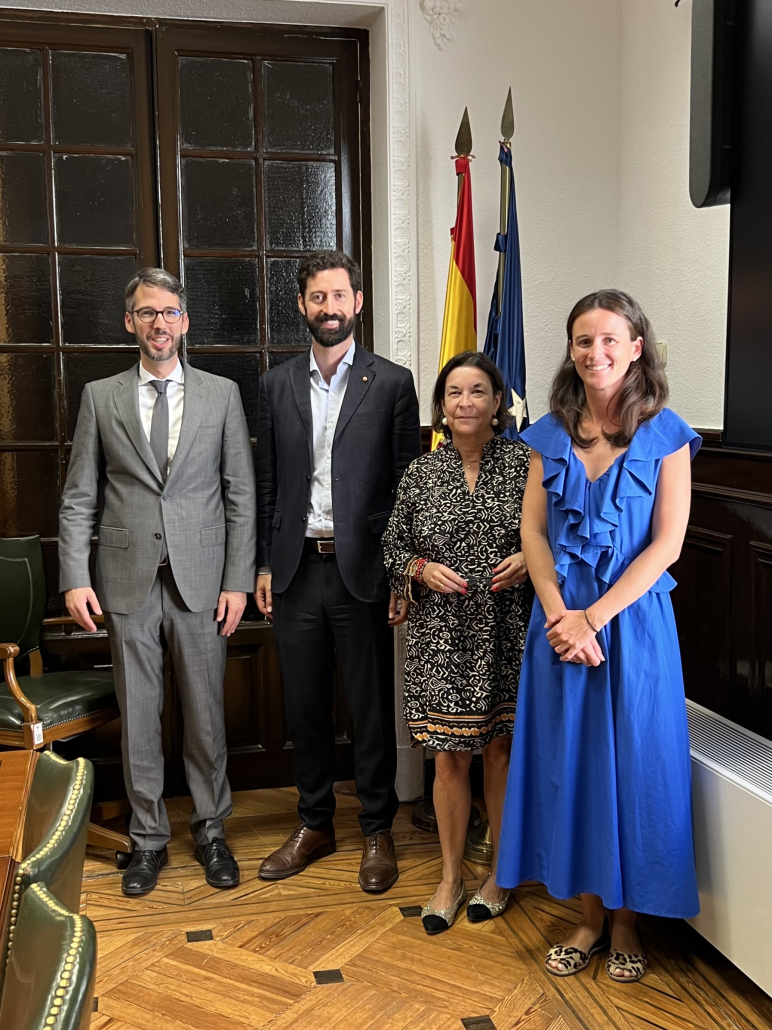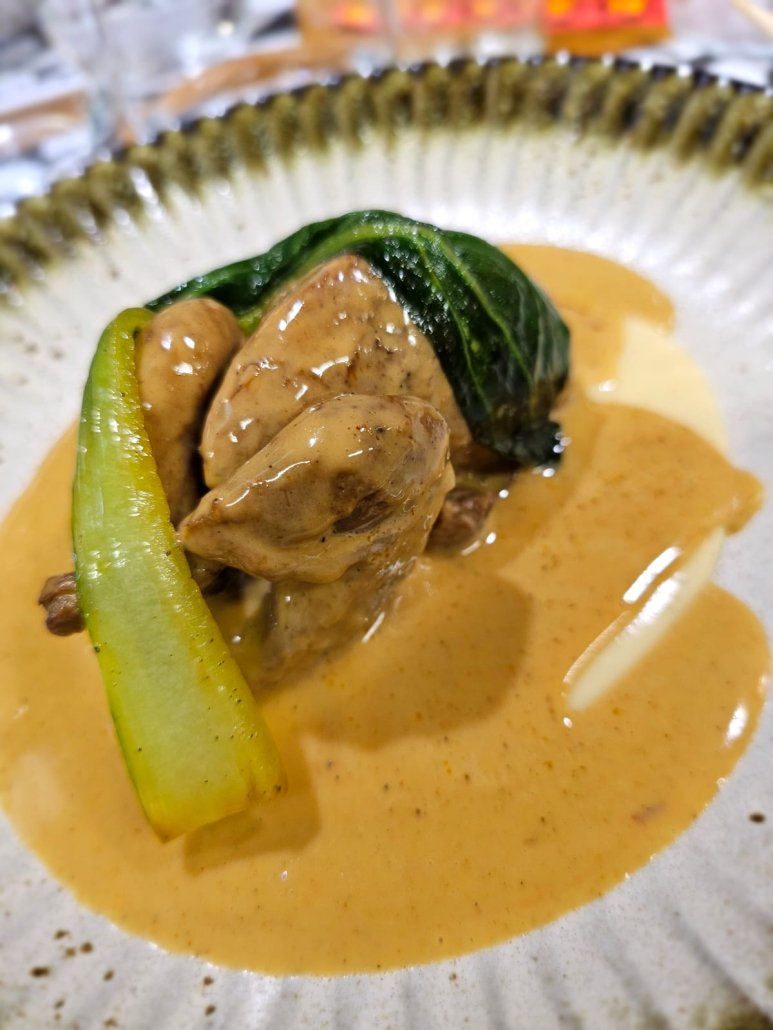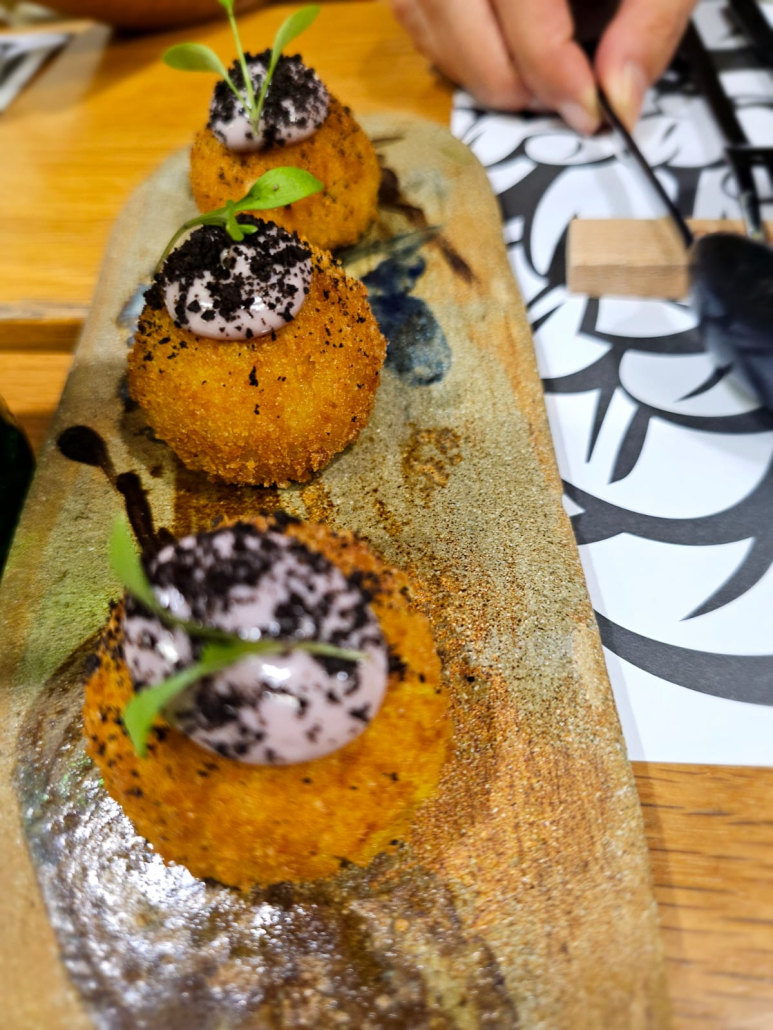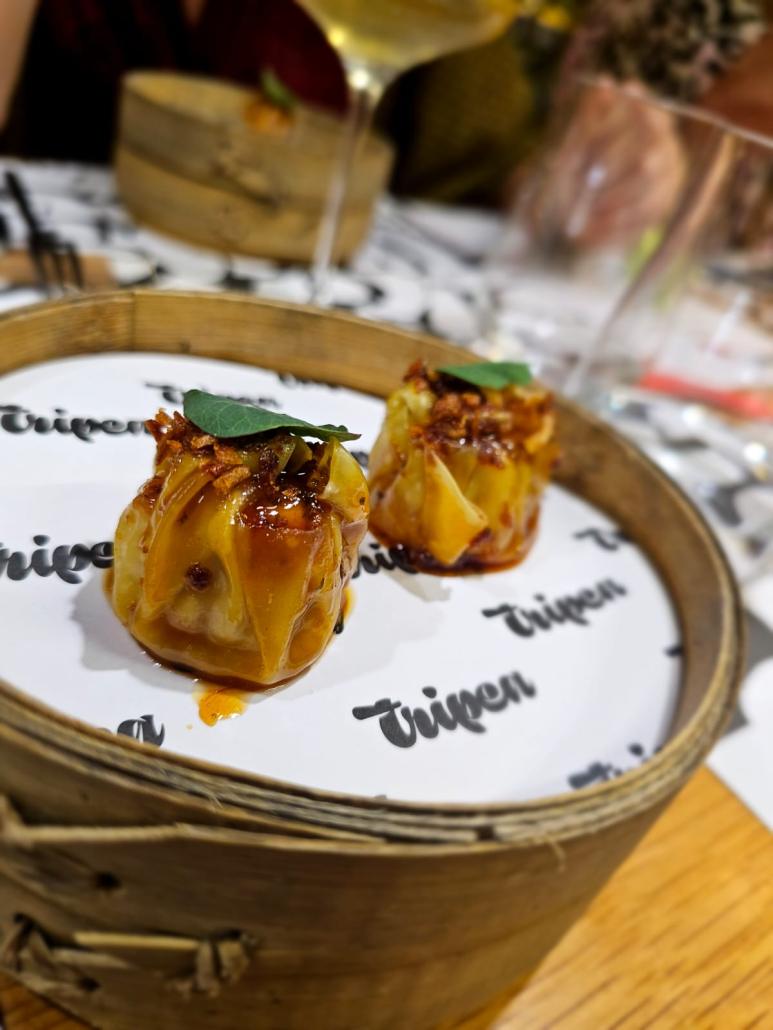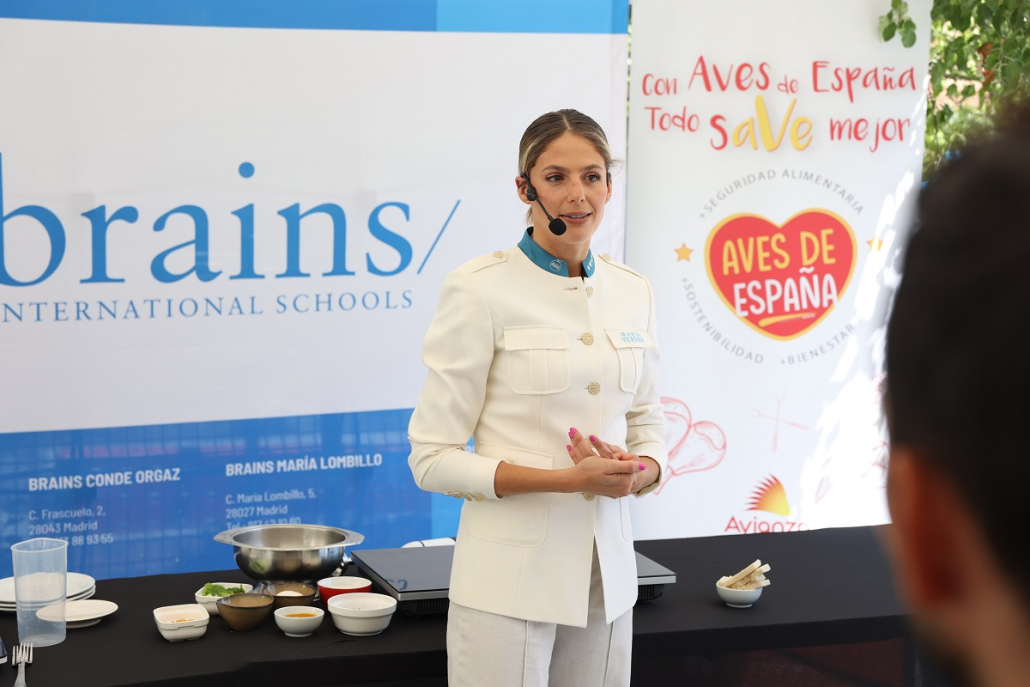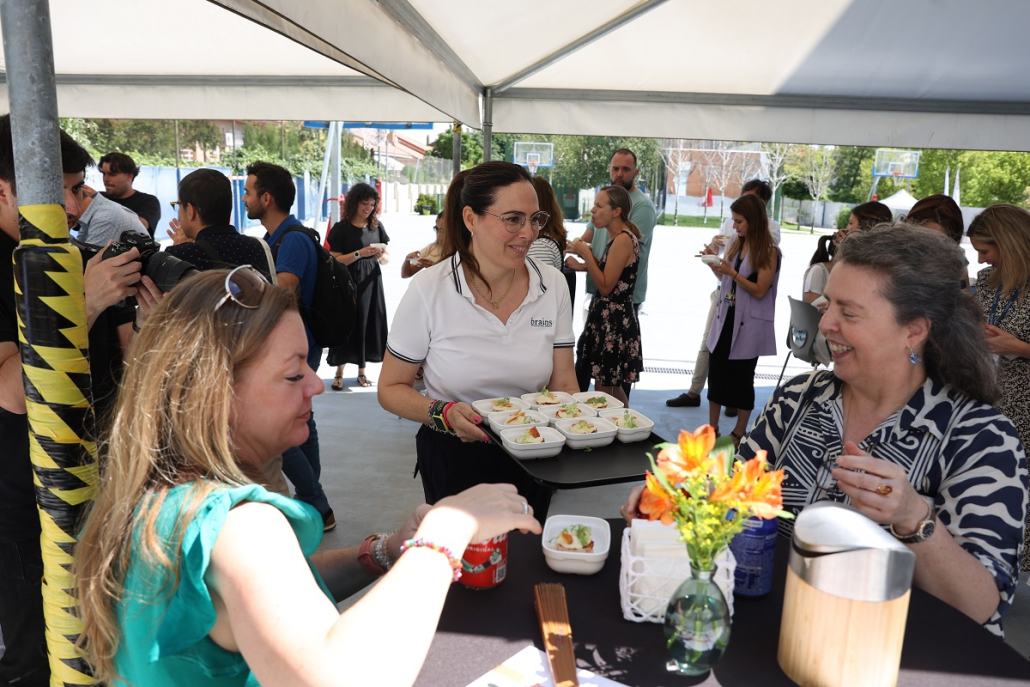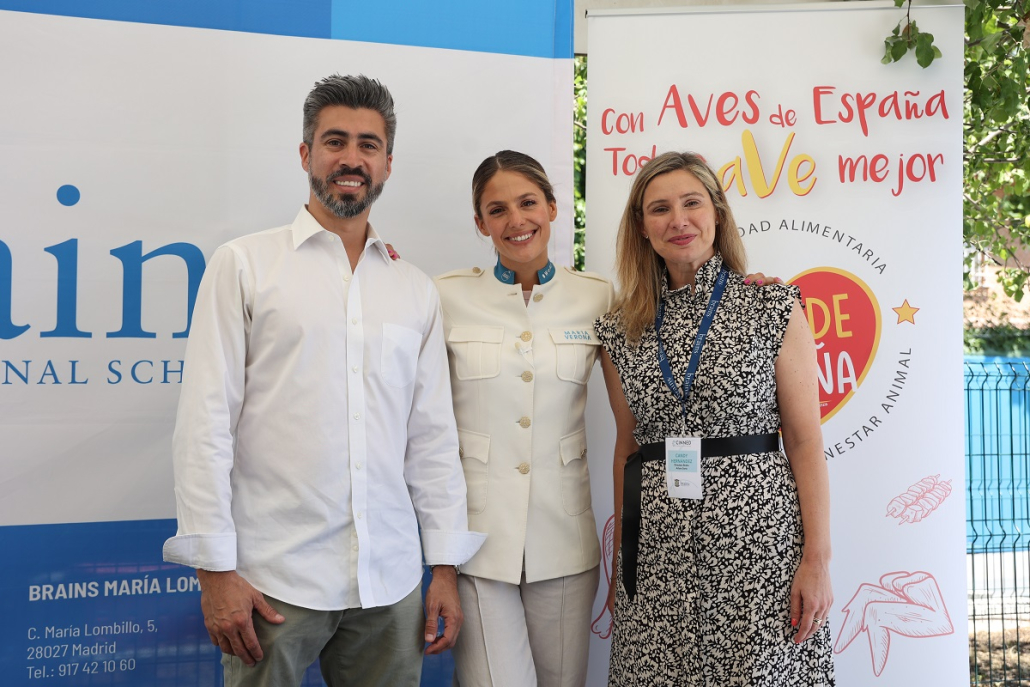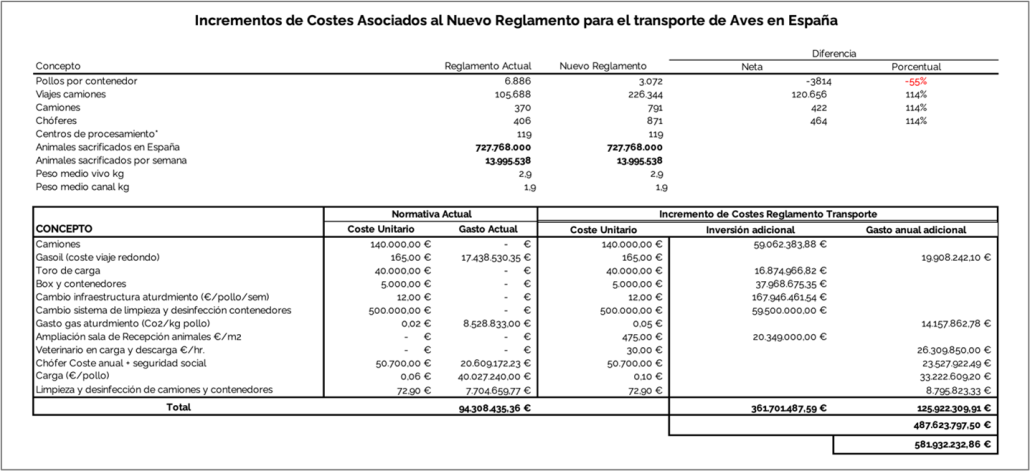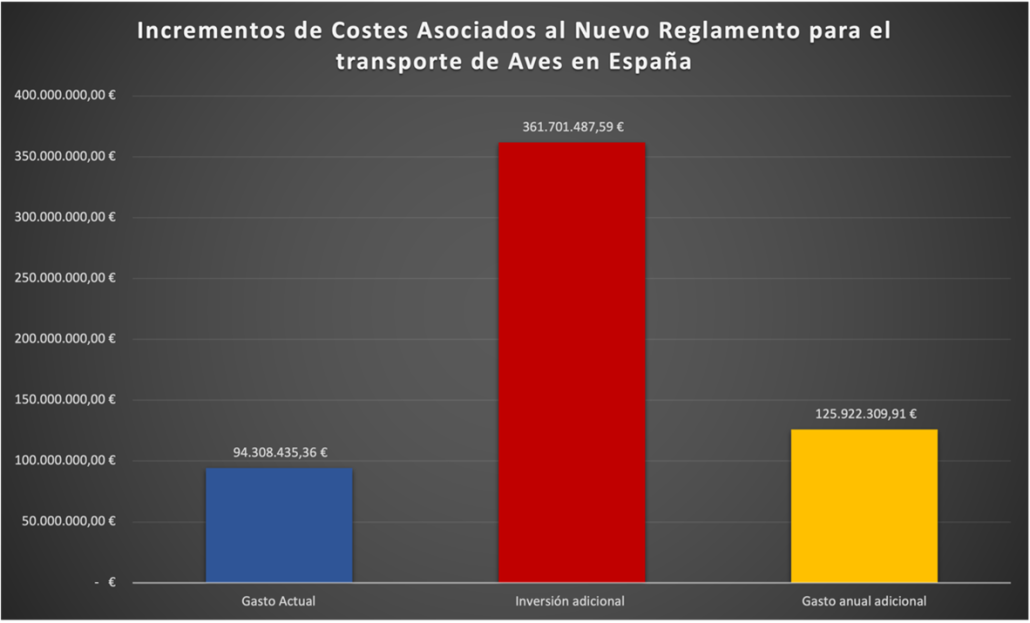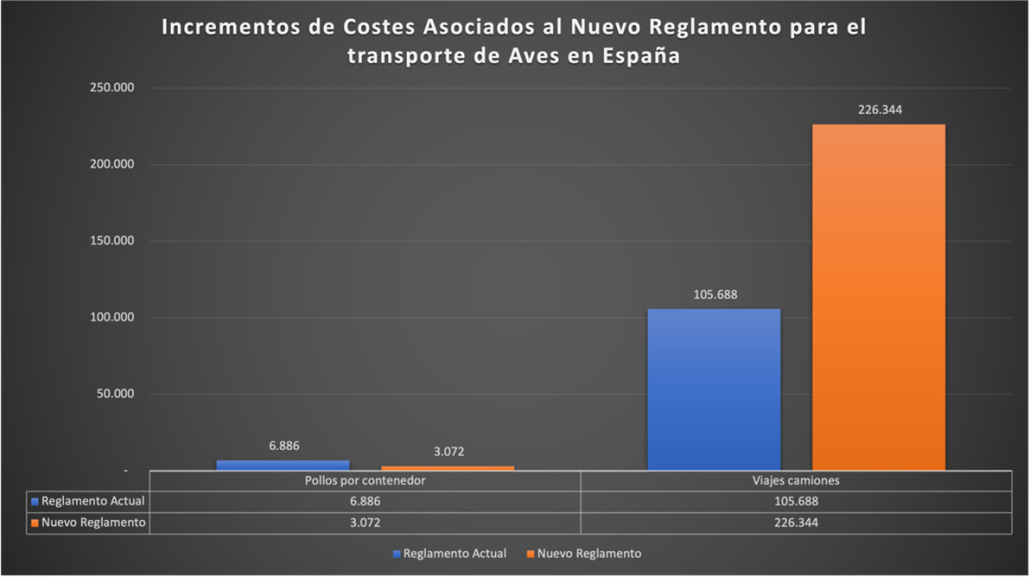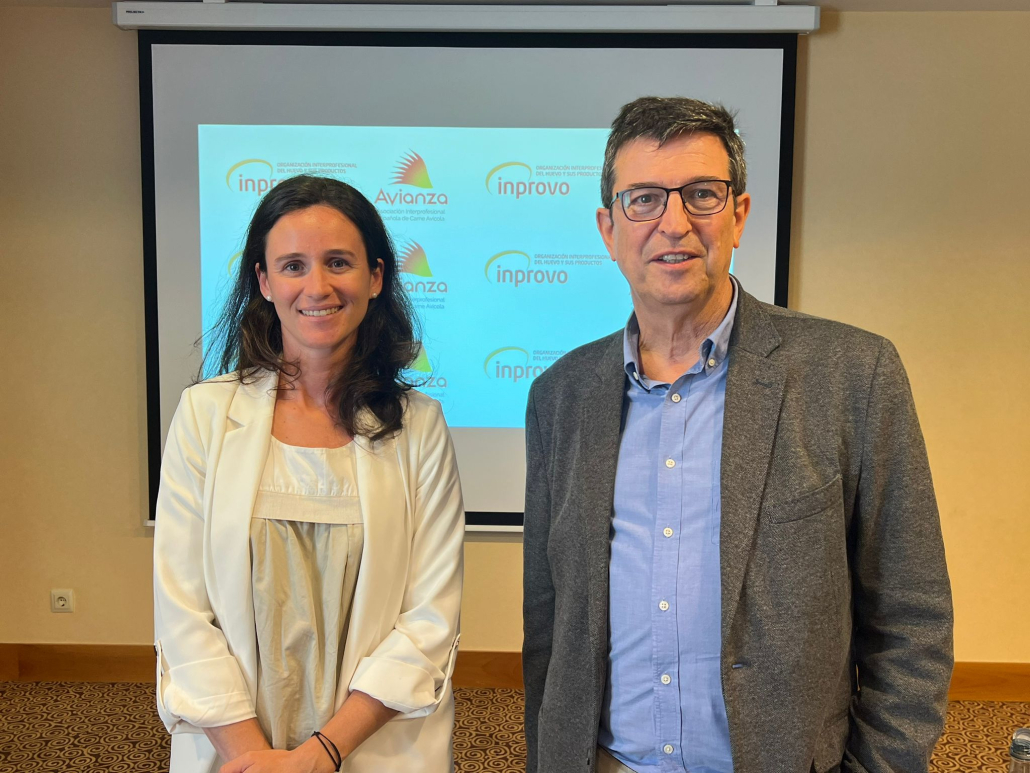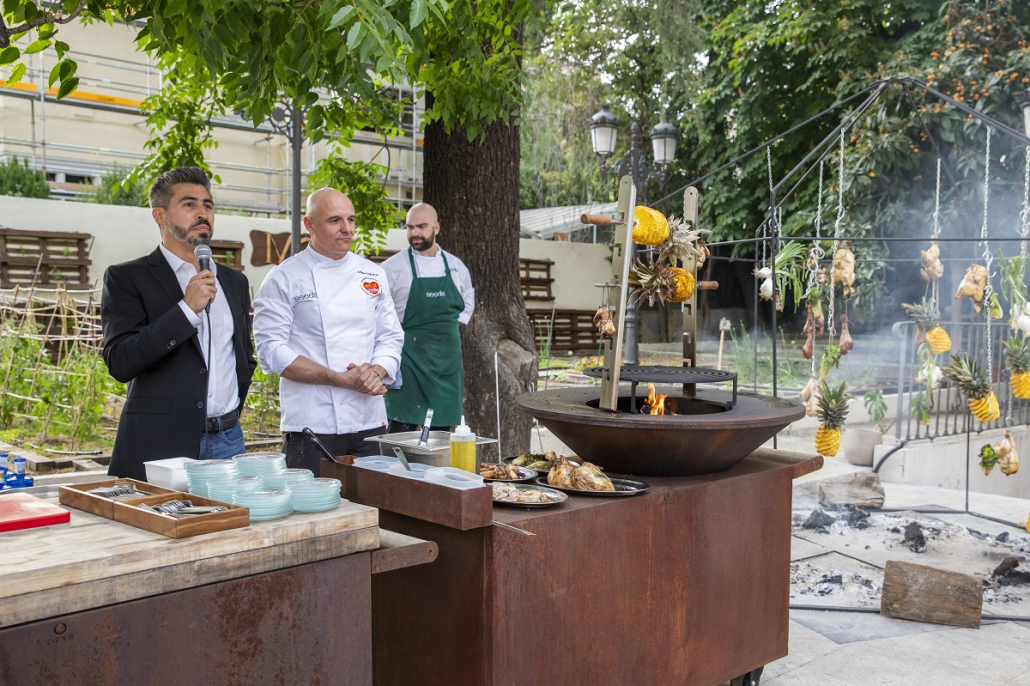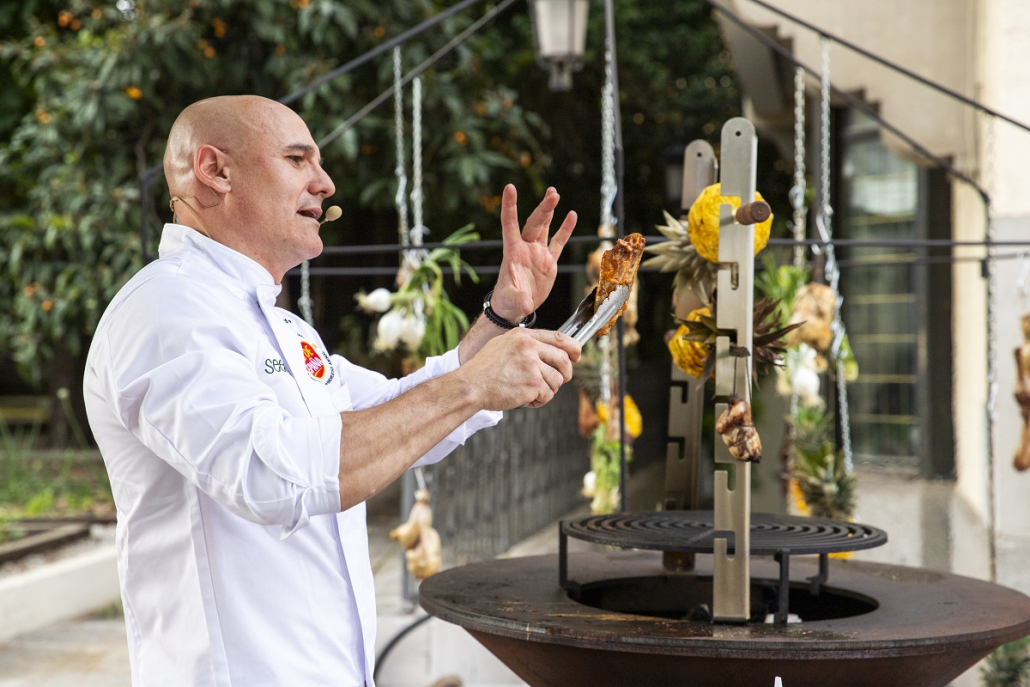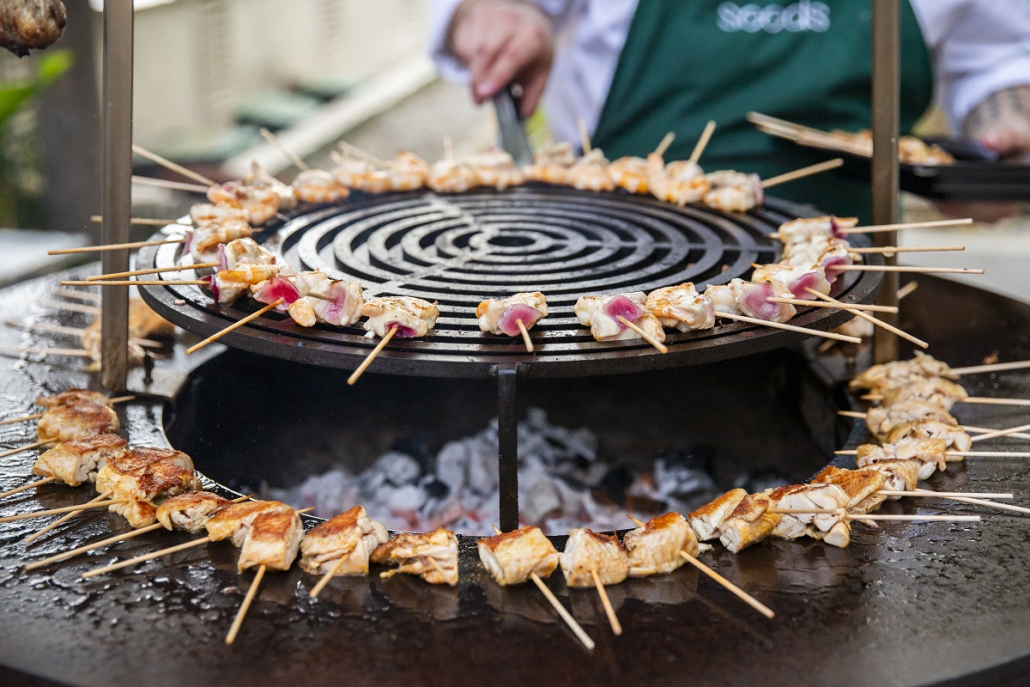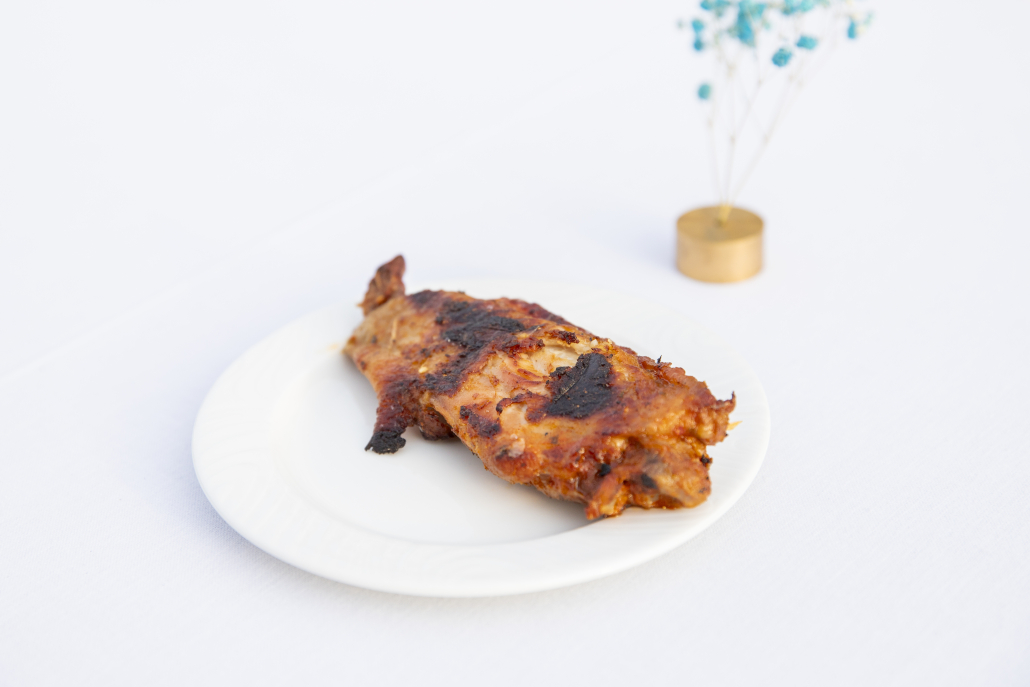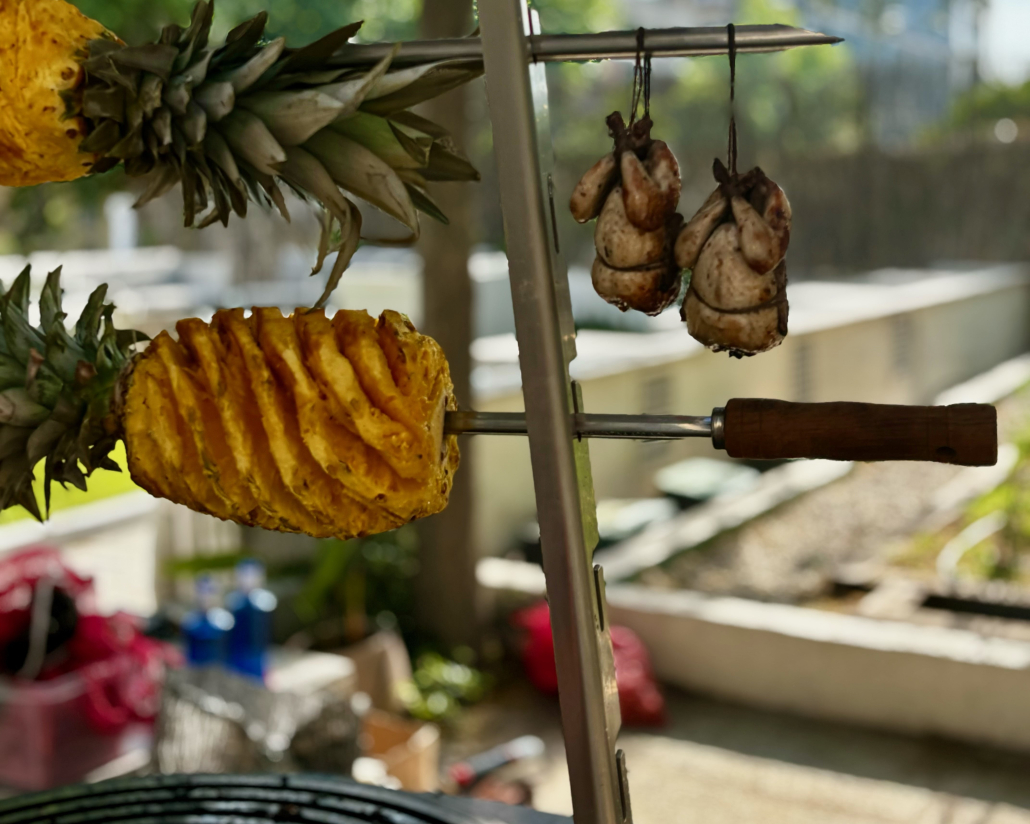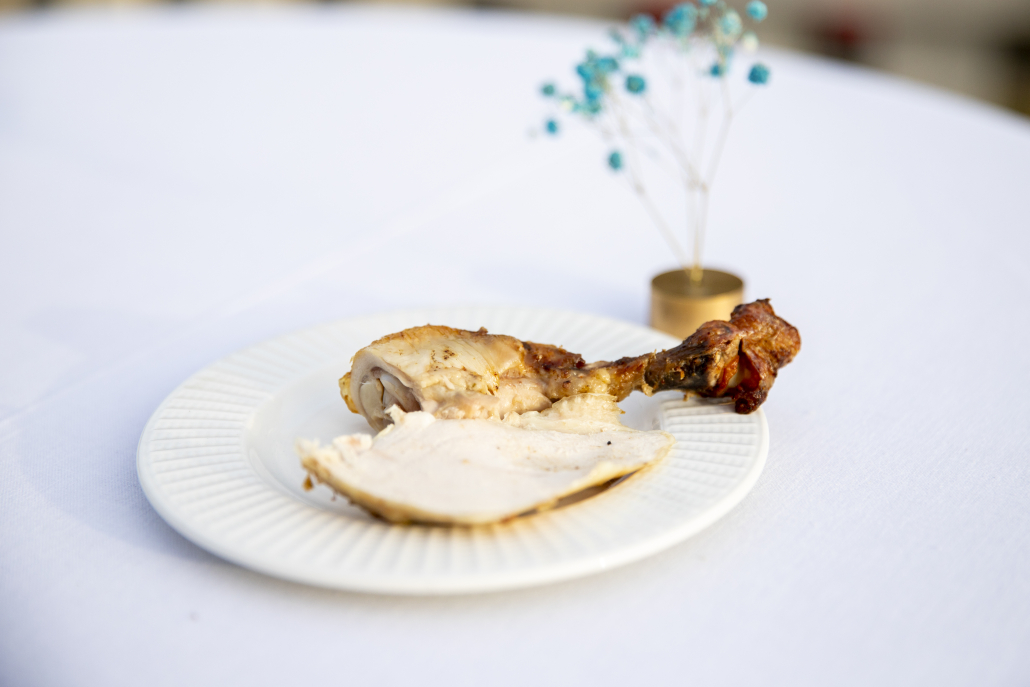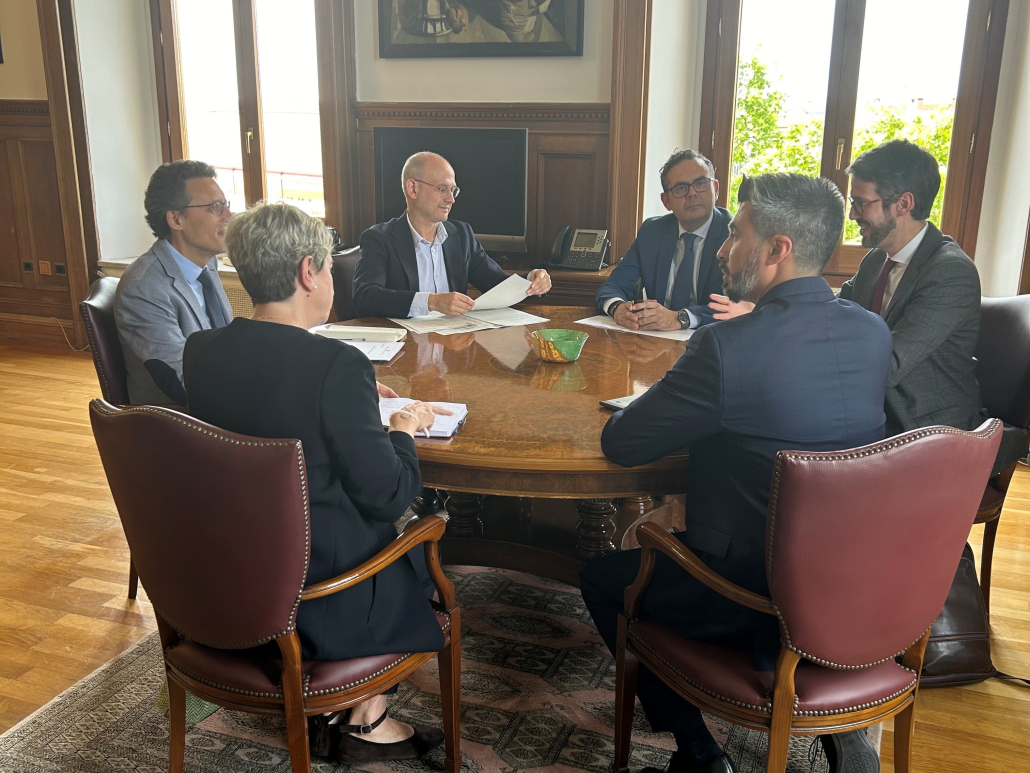We propose a very simple and tasty recipe to surprise your guests.
Thanksgiving It is a beloved tradition that we are already adopting in our country. This celebration, originating in American culture, becomes a great opportunity to be thankful, gather family members and share a special evening around a roast turkey.
In fact, there are many who already adapt this dinner and turn it into the so-called and fun Friendsgiving, where friends get together to celebrate and give thanks for their union and friendship.
He Thanksgiving It has gained prominence in recent years and there are already numerous emblematic restaurants that include special menus of Thanksgiving in our country, but, Avianza, the Spanish Interprofessional Association of Poultry Meat, wants to go a step further and promote this celebration also having a prominent place in homes.
The goal is for Spaniards to learn how to cook turkey, but always with the quality and safety that comes from doing so using Spanish poultry meat that is certified with Birds of Spain, a seal of quality awarded to those poultry products that have been audited and that follow the premises and controls based on Sustainability, Animal Welfare and Food Safety.
To achieve this goal, Birds of Spain has had the collaboration of the company specialized in American products, Taste of America, which shares a great recipe to celebrate Thanksgiving at home on November 28th, with the perfect combination of the Spanish touch of poultry and North American products for the accompaniment.
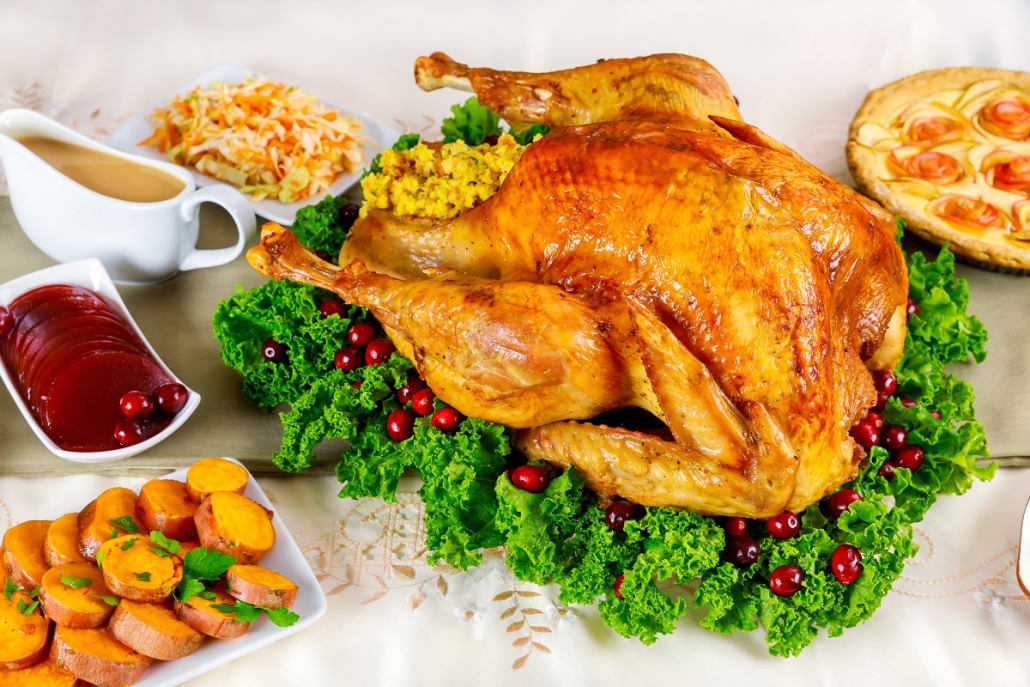
Ingredients:
● 1 whole turkey (5-7 kilos). Serves 10 people
● 8 tablespoons unsalted butter
● 4 fresh sprigs of thyme, rosemary or sage, or a combination of all of these
● 1 lemon, cut into quarters
● Salt
● Freshly ground black pepper
● 2 cups chicken or vegetable broth
Instructions:
● Remove the turkey from the refrigerator 30/60 minutes before roasting it
● Preheat the oven to 220ºC and leave only the bottom rack open
● Melt the butter in a saucepan, together with the herbs
● Spread the turkey generously with butter all over and season with salt and pepper, even under the skin, in some areas, so that it has contact with the meat
● Place the turkey in the roasting pan with the breast facing up. Remove the herb sprigs from the butter and place inside the turkey, along with the lemon.
● Pour 2 cups of broth into the pan and hold the wings under the turkey
● Place the turkey in the oven and lower the temperature to 180ºC
● The general rule is 27 minutes in the oven for every kilo. A 7 kilo turkey will take a little over 3 hours to roast. You can check the temperature with a thermometer to ensure progress. The meat should be at least 75ºC when finished.
● Every 30-45 minutes, baste the turkey with the butter and juices from the pan
Tips:
● For crispier skin, use a baking dish with a built-in rack so that the turkey meat is not in contact with the juices during roasting.
● You can place aluminum foil halfway through roasting if the skin burns.
● Tip to check if the turkey is cooked: gently pull on one wing. If it comes off easily, the turkey is done.
Taste of America recommends a selection of the most typical products to accompany the star dish of turkey on Thanksgiving day, or weekend, such as Brussels sprouts, cranberry sauce, snow peas or mashed sweet potatoes, as well as stuffing for the turkey, which can be found in their establishments: https://www.tasteofamerica.es/.
